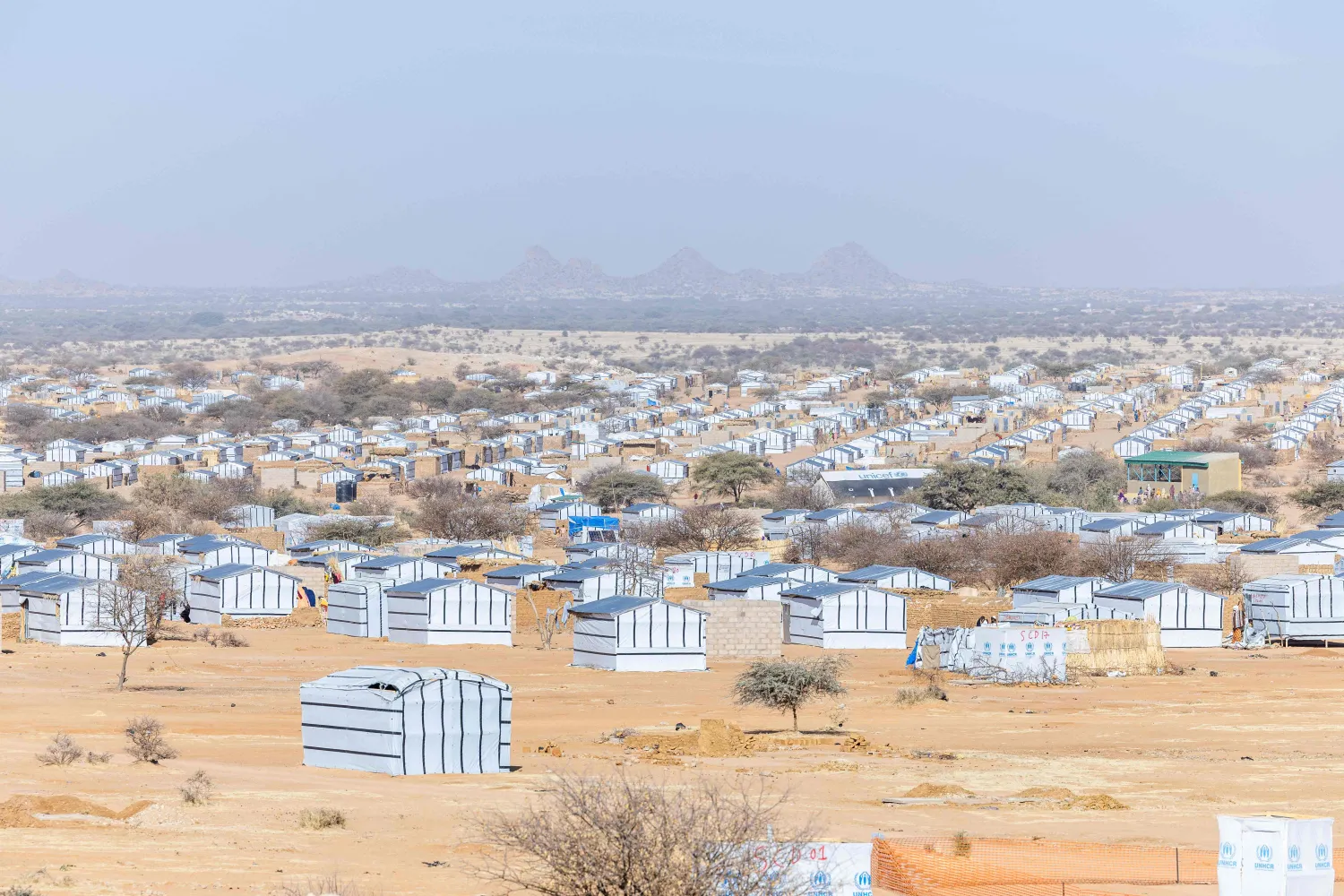An international report has revealed Saudi Arabia's progress at the global level in fair and ethical work practices, by preserving workers’ rights and improving services provided to them, in addition to increasing competitiveness and transparency.
Saudi Arabia, represented by the Musaned e-platform of the Ministry of Human Resources and Social Development, ranked first in a report issued recently by the International Labor Organization (ILO), in terms of ethical and fair work practices.
The ILO praised Musaned’s pioneering role in preserving the rights of domestic workers and improving the services provided to them through technology, thus contributing to creating a flexible, transparent, and attractive labor market.
The ILO report also lauded the digital transformation of services provided to workers, employers, and local and foreign recruitment agencies by providing quality services as part of an integrated electronic system to organize the recruitment process.
The platform contributed to raising the quality of services, improving the recruitment mechanism, and contributing to increasing competitiveness between recruitment offices and companies, which resulted in reducing the cost of recruitment.
The Ministry of Human Resources and Social Development received a letter from the ILO, praising the role of Musaned in coordinating the relationship between the public and private sectors, as well as strengthening communication with external parties, by speeding up procedures and mechanisms, enhancing initiatives to preserve the rights of the parties, increasing transparency and strengthening the electronic infrastructure for government services.
The Ministry of Human Resources and Social Development recently launched a “complaints service” through the e-portal, whereby business owners, who have recruitment offices, would be able to file complaints electronically through the platform.









